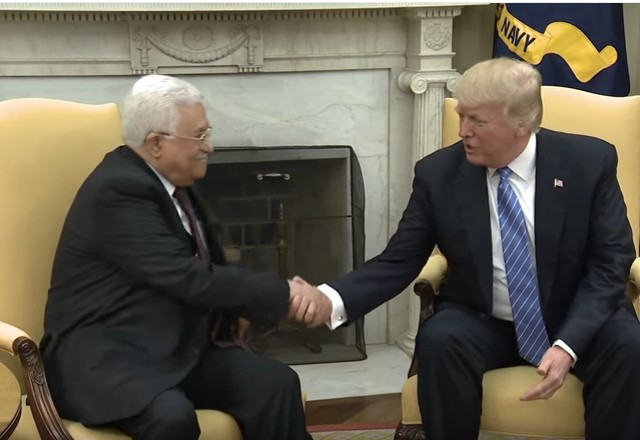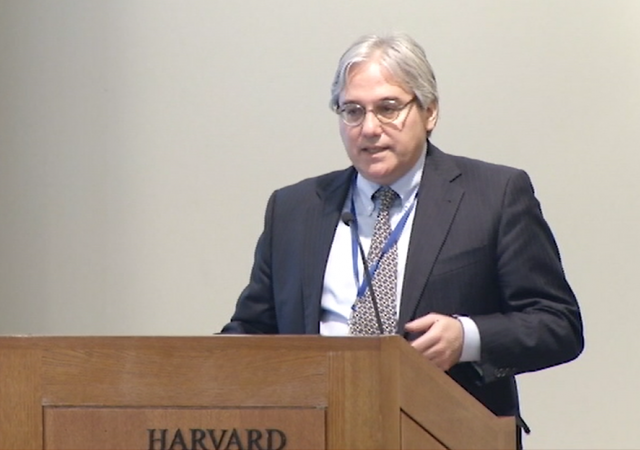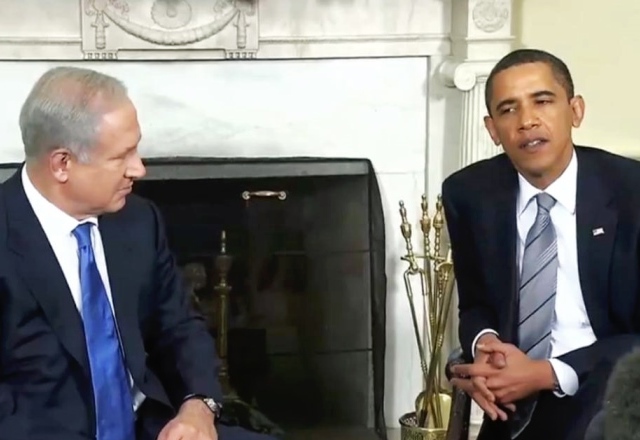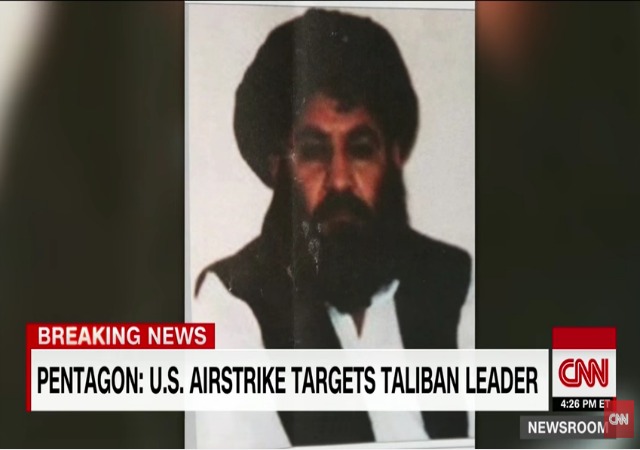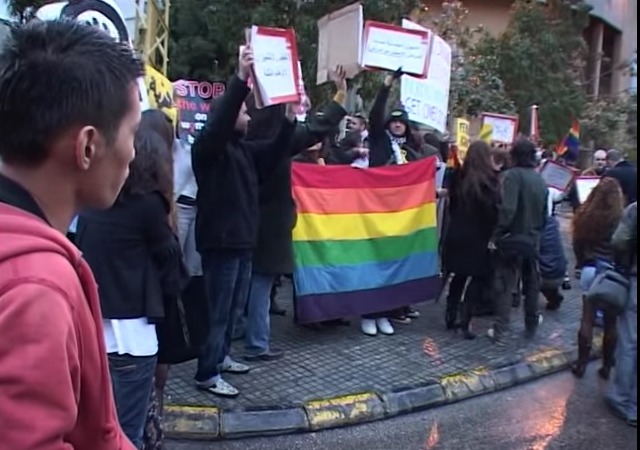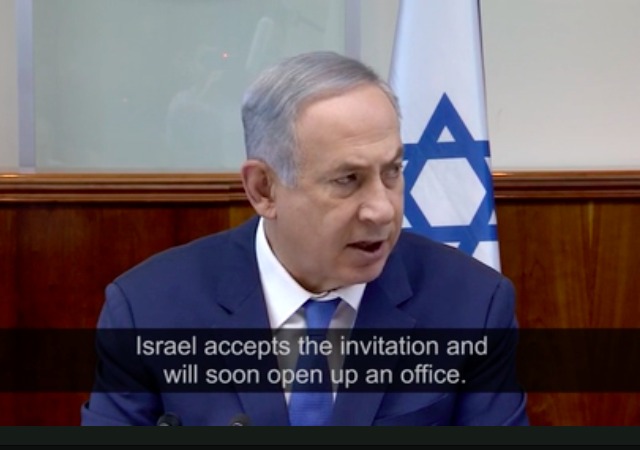Saudi Arabia, Egypt, Bahrain, UAE Cut Ties With Qatar
on June 05, 2017
16 Comments
Officials in Saudi Arabia, Egypt, Bahrain, and the United Arab Emirates (UAE) have all announced the countries have severed diplomatic ties with Qatar due to terrorism and extremism. From The Guardian:
The official state news agency, citing an official source, said Saudi Arabia had decided to sever diplomatic and consular relations with Qatar “proceeding from the exercise of its sovereign right guaranteed by international law and the protection of national security from the dangers of terrorism and extremism”.



